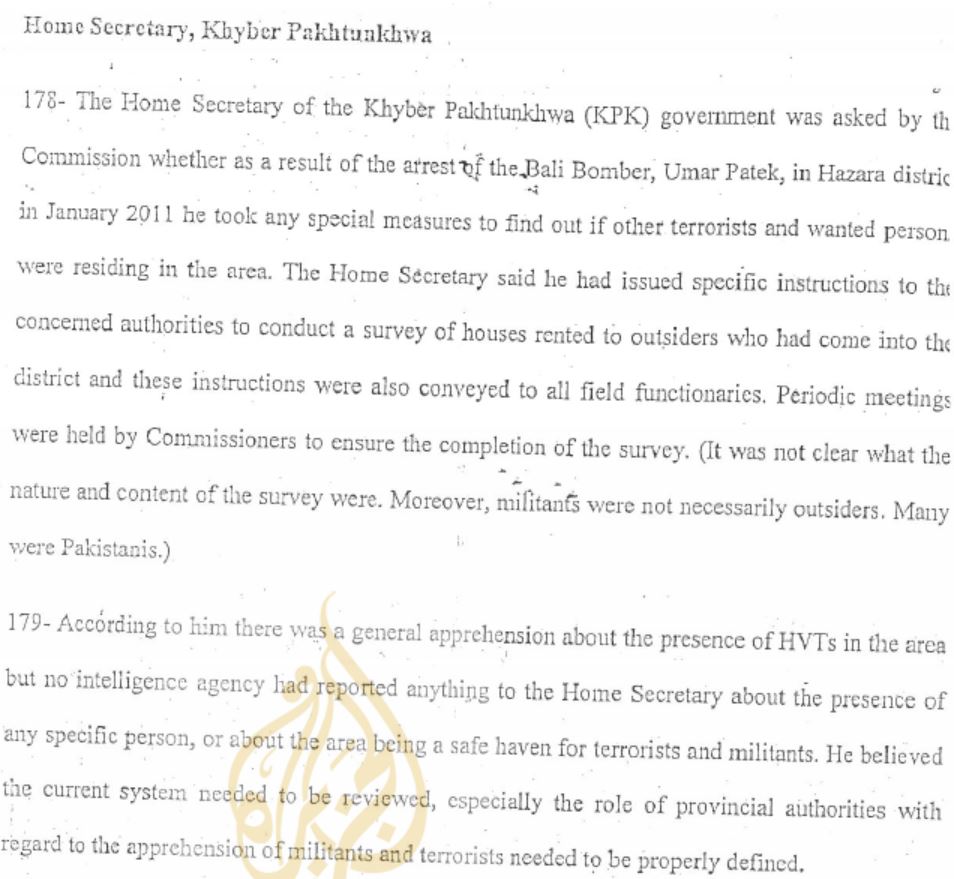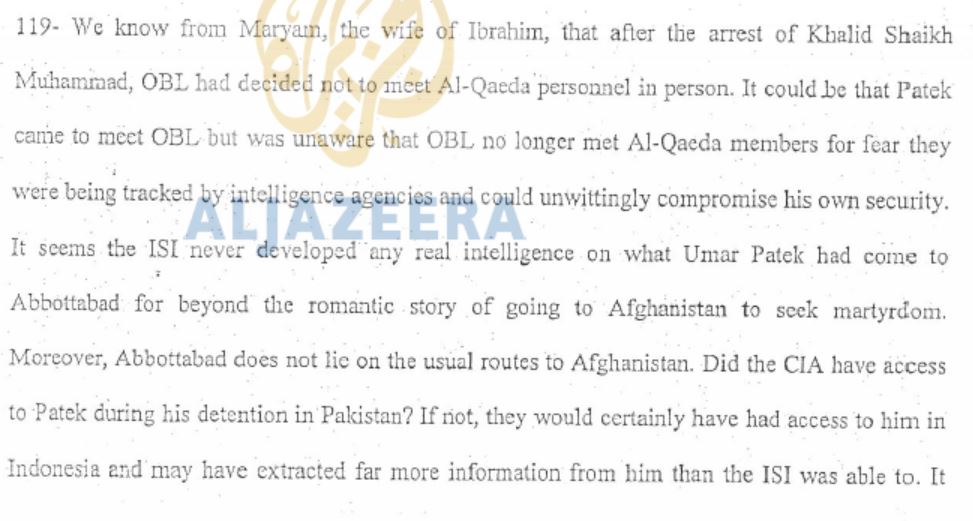Disappeared Pakistani Drone Activist Planned ICC Testimony
[youtuber youtube=’http://www.youtube.com/watch?v=JqX1jLSw3t0′]
Update February 14: Khan has been freed! The Express Tribune reports that he was beaten and tortured, but is now free after being blindfolded and pushed out of a van.
In a very interesting development, Al Jazeera is reporting that disappeared drone activist Karim Khan had planned to testify before the International Criminal Court in The Hague on his trip to Europe which had been planned to begin on February 15. Khan was abducted from his home on February 5 and it is widely believed that Pakistan’s intelligence service was behind the abduction.
Khan made a very dramatic entrance into the world of drone activism in November of 2010, when he sued the US for $500 million after his son and brother were killed in a drone strike in their home village of Mir Ali in North Waziristan. In the lawsuit, Khan named the Islamabad CIA station chief:
A North Waziristan tribesman, whose brother and teenage son were killed in a drone strike last year, said on Monday that he would sue all those US officials supposedly in control of the predator’s operations in Pakistan.
Karim Khan, a local journalist from Mirali town of the lawless tribal district, had sent a $500 million claim for damages to the US Defence Secretary Robert Gates, CIA chief Leon Panetta and its station head in Islamabad Jonathan Banks.
Khan described how Banks’ activities lead to the deaths of innocent civilians:
He told journalists that CIA Islamabad’s chief Jonathan Banks buys information from his local agents in the area to guide the drone strike.
However, he added that this information is wrong and misleading in most occasions causing the deaths of many innocent tribesmen.
Khan’s attorney throughout this process has been Shahzad Akbar. Akbar also represents Noor Khan, whose case in the Peshawar High Court resulted in the ruling that US drone strikes within Pakistan are illegal and constitute war crimes.
The fact that Akbar has gotten this ruling seems to me to add significance to the Al Jazeera report, which appears to cite Akbar as the source of the disclosure that Khan was to testify at the ICC:
A Pakistani court has ordered the country’s intelligence agencies to produce a prominent anti-drone campaigner, who was abducted last week, by February 20, or to categorically state that they are not holding him, the activist’s lawyers say.
Speaking to Al Jazeera on Wednesday, Shehzad Akbar, the head of Karim Khan’s legal team, called Khan’s abduction from his Rawalpindi home late on February 5 “a signature government abduction”, alleging that Pakistan’s powerful intelligence agencies were responsible for the disappearance.
Khan had been due to fly to Europe on February 15, on a trip that would see him testify before members of the European Parliament in Brussels, UK legislators in London and the International Criminal Court in The Hague, on the US’ use of drone strikes in Pakistan’s tribal areas.
The court which issued the ruling for the ISI to present Khan was the Lahore High Court:
Lahore High Court (LHC) Rawalpindi bench on Wednesday issued notices to security agencies to submit their reply in a case related to disappearance of an anti-drone activist as it ordered to present the man at the next hearing.
LHC Justice Shehzad Ahmad Khan was hearing a plea filed by the family of Karim Khan, who went missing a few days back.
During the proceedings, the police denied their involvement in the disappearance. “Khan was picked up by persons wearing police uniform but he is not in our custody,” the police report claimed.
On this, the court sought reply from all intelligence agencies and ordered them to present Khan on February 20, the next date of hearing.
But the court had actually called for Khan to be produced yesterday, as well: Read more →



